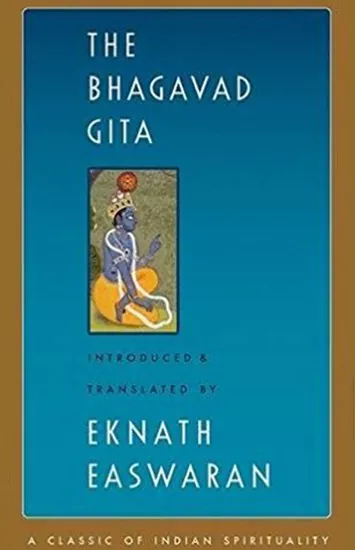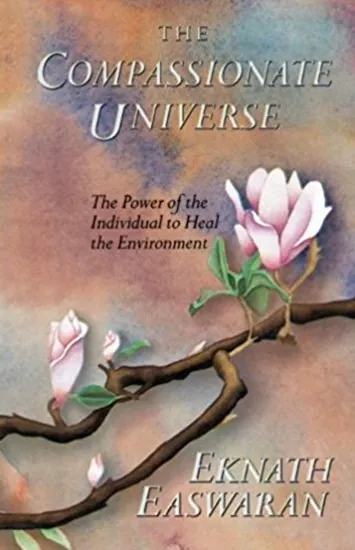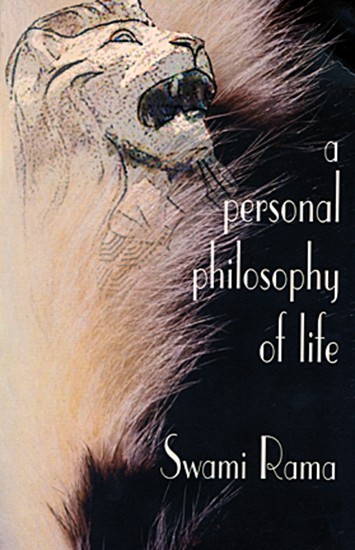Vivid literature, lofty philosophy — the Bhagavad Gita distills the finest in India's vast and varied culture On the morning of battle, facing Armageddon, prince Arjuna loses his nerve and refuses to fight. Krishna knows better: “Your very nature will drive you to fight. Your only choice is what to fight against.” His advice gives an inspiring model of the man or woman of action — the person who aims at goodness in a world of conflict and change. In this translation, the Gita stands out as a book of choices — direct, practical, universal. The introduction sketches the background of the poem and gives clear, contemporary explanations of the basic ideas of Indian philosophy: karma, reincarnation, yoga, freedom. Separate chapter introductions outline the drama as it unfolds.
In this best-selling and expanded edition of the most famous –and popular — of Indian scriptures, Eknath Easwaran contextualizes the book culturally and historically and explains the key concepts of Hindu religious thought and the technical vocabulary of yoga.
Chapter introductions, notes, and a glossary help readers understand the book's message. Most importantly, this translation uses simple, clear language to impart the poetry, universality, and timelessness of the Gita's teachings.





